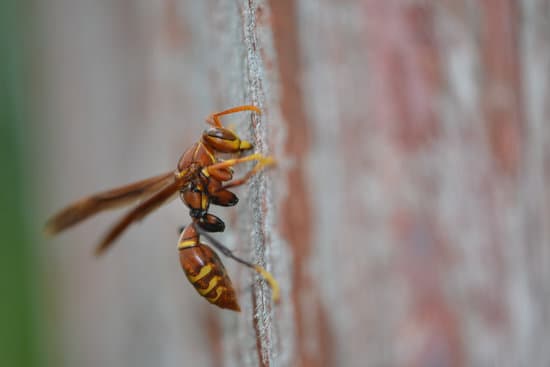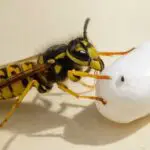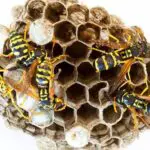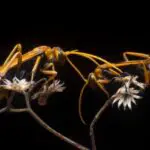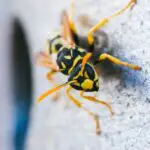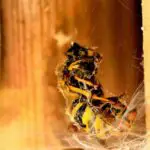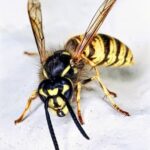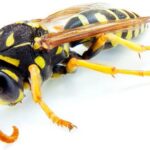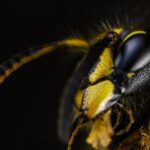How Are Wasps Helpful to Our Ecosystem?
Whether you love or hate wasps, you can’t deny the fact that they are beneficial to our ecosystem. These insects play a crucial role in maintaining the health of our planet. Wasps have a wide range of roles including pollination, cleaning rotting flesh, and controlling insects. Some wasps also produce powerful antibiotics in their venom.
Scientists want to better understand wasps, and how they can be used in a more effective way. They also want to understand how to discourage people from swatting wasps.
There are about 33,000 species of wasps throughout the world. The majority are parasitic. These wasps feed on their host, but some species are beneficial. They are useful in crop agriculture as pest controllers. They provide homes for beneficial insects. Some wasp species use pollen to gain energy.
Other wasps, such as the paper wasp, are social. They live in colonies, and help their young. Paper wasps tend to be less aggressive than red wasps. The larvae of paper wasps feed on pest insects. They build nests in inconvenient locations. Once their nest is filled with food, they seal it.
Other wasps, such as mud daubers, build nests in moist soil. They can also build nests in dry areas. When they sting, they protect their young.
Another wasp is the yellow jacket. This species is a picnic pest. Its larvae hoover up caterpillars on vegetable patches. They can also be found in soda cans. They can sting multiple times.
